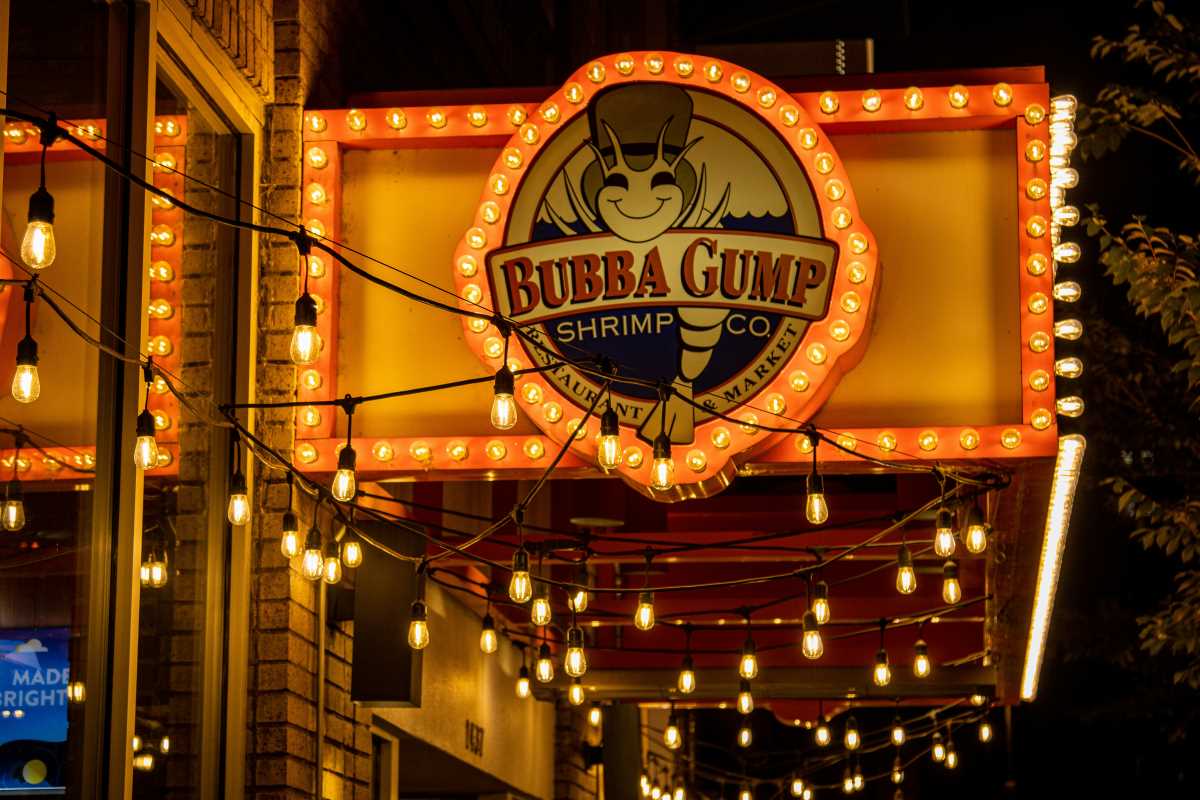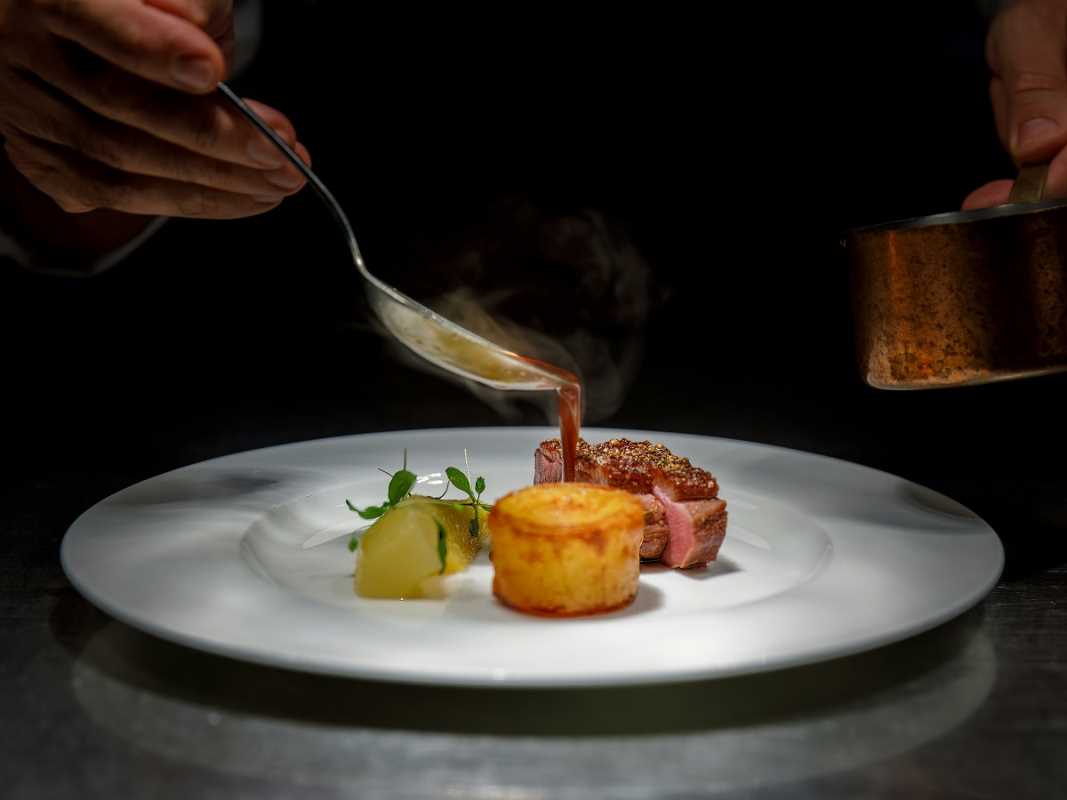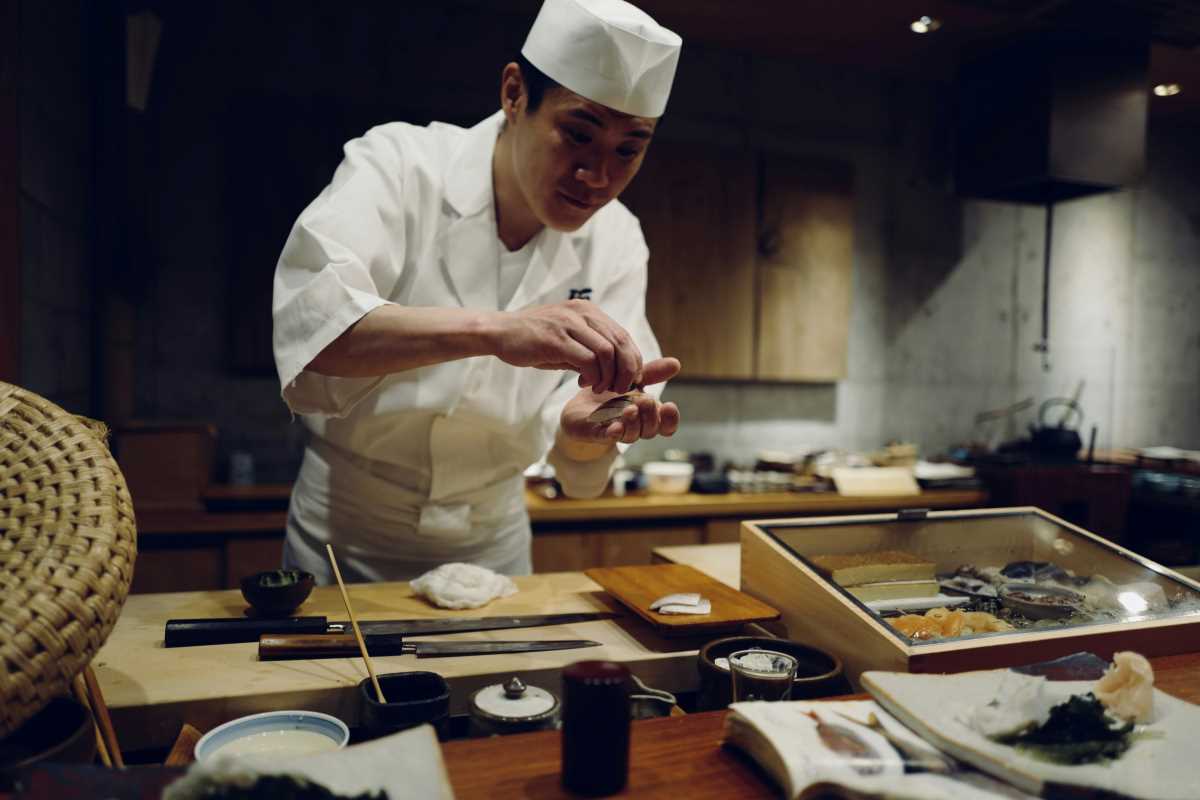When planning your American vacation, certain establishments have achieved legendary status through aggressive marketing and tourist guidebook features. However, residents in these destinations maintain a different perspective on these heavily promoted businesses. Local knowledge reveals significant disparities between marketing promises and actual customer experiences at these tourist-focused establishments.
These businesses have mastered the art of leveraging location advantages and tourist expectations while delivering experiences that fail to justify their premium pricing or reputation. Understanding which specific establishments locals avoid can prevent disappointing experiences and redirect your travel budget toward authentic alternatives that provide genuine value.
Ellen's Stardust Diner, New York City
Ellen's Stardust Diner in Times Square markets itself as a unique Broadway-themed dining experience where aspiring performers serve customers while showcasing their talents. The establishment charges premium prices for standard diner fare while promoting the entertainment value of singing waitstaff as justification for elevated costs.
Local New Yorkers recognize this business model as tourist exploitation rather than authentic entertainment. The food quality remains consistently mediocre, with overpriced breakfast items and standard American fare that costs significantly more than superior options available throughout the city. The singing performances, while enthusiastic, create chaotic dining environments that prioritize spectacle over meal quality or customer comfort. Residents recommend authentic New York diners like Tom's Restaurant or Veselka, which provide superior food quality and genuine neighborhood character at reasonable prices.
Bubba Gump Shrimp Company, Multiple Locations
Bubba Gump Shrimp Company operates locations in prime tourist areas across America, capitalizing on the popularity of "Forrest Gump" while delivering disappointing seafood experiences. The restaurant charges fine-dining prices for chain-restaurant quality food, with frozen shrimp preparations disguised as fresh Gulf Coast cuisine.
The themed atmosphere creates artificial environments that prioritize movie memorabilia over culinary excellence. Local residents in cities hosting Bubba Gump locations consistently recommend authentic seafood establishments that source fresh ingredients and prepare dishes with genuine regional techniques. The business model relies on tourist recognition rather than food quality, resulting in experiences that disappoint customers seeking authentic coastal dining. Staff training focuses more on memorizing movie quotes than understanding seafood preparation or regional cuisine traditions.
Hard Rock Cafe, Various Cities
Hard Rock Cafe establishments across America charge premium prices for standard bar food while marketing rock music memorabilia as the primary attraction. The restaurants occupy expensive real estate in tourist districts, passing location costs to customers through inflated menu prices that fail to reflect food quality or preparation standards.
Local music enthusiasts and food critics consistently identify Hard Rock Cafe as tourist-focused businesses that exploit brand recognition rather than delivering authentic experiences. The memorabilia displays, while extensive, create museum-like atmospheres that prioritize visual impact over dining comfort or musical authenticity. Residents recommend exploring local music venues and neighborhood restaurants that provide genuine cultural experiences without the artificial corporate atmosphere and overpriced mediocre food that characterizes Hard Rock Cafe locations.
Rainforest Cafe, Tourist Districts
Rainforest Cafe creates elaborate jungle-themed dining environments with animatronic animals and artificial tropical atmospheres. The restaurants charge family-dining prices for chain-restaurant quality food while marketing the theatrical environment as educational entertainment for children.
The elaborate theming masks fundamental problems with food preparation and service quality. Local families recognize these establishments as expensive alternatives to superior dining options that provide better food quality without the sensory overload that often overwhelms young children. The menu features standard American fare with tropical-sounding names and premium pricing that fails to justify the quality delivered. Restaurant industry professionals note that resources invested in elaborate theming detract from kitchen equipment and staff training that would improve actual dining experiences.
Planet Hollywood, Entertainment Districts
Planet Hollywood restaurants leverage celebrity connections and movie memorabilia to justify premium pricing for standard chain restaurant food. The establishments occupy high-rent locations in entertainment districts, creating tourist destinations that prioritize brand recognition over culinary excellence.
Local entertainment industry professionals and residents avoid Planet Hollywood, understanding that the celebrity association represents marketing strategy rather than authentic connections to film industry culture. The food preparation follows corporate chain standards rather than reflecting regional cuisine or high-quality ingredients. The memorabilia displays create visual interest but fail to compensate for overpriced menu items and service that prioritizes table turnover over customer satisfaction. Authentic entertainment industry dining occurs at neighborhood establishments frequented by actual industry professionals rather than tourist-focused themed restaurants.
Serendipity 3, New York City
Serendipity 3 achieved fame through movie appearances and celebrity endorsements, particularly for its elaborate dessert presentations. The restaurant charges extraordinary prices for standard ice cream preparations while marketing oversized portions and whimsical presentations as justification for premium costs.
New York residents recognize Serendipity 3 as overpriced tourist entertainment rather than quality dessert destination. The frozen hot chocolate, while Instagram-worthy, consists of standard ingredients presented in large portions at costs that exceed superior artisanal ice cream establishments throughout the city. The restaurant's popularity creates long wait times for experiences that fail to justify the time investment or financial expense. Local dessert enthusiasts recommend neighborhood gelato shops, bakeries, and ice cream parlors that provide superior quality and authentic New York dessert culture.
Dick's Last Resort, Waterfront Locations
Dick's Last Resort operates in tourist-heavy waterfront areas, marketing intentionally rude service as entertainment while serving overpriced bar food. The establishment charges premium prices for standard appetizers and entrees while promoting abusive service as a unique dining experience.
Local residents understand that the "rude service" concept represents a gimmick that masks poor food quality and inflated pricing. The restaurant attracts tourists seeking novelty experiences rather than quality dining, creating environments that prioritize shock value over customer satisfaction or culinary excellence. The waterfront locations command high rents that translate to overpriced menu items without corresponding improvements in food quality or preparation standards. Authentic waterfront dining experiences exist at establishments that focus on fresh seafood and regional specialties rather than manufactured entertainment concepts.
 (Image via
(Image via





